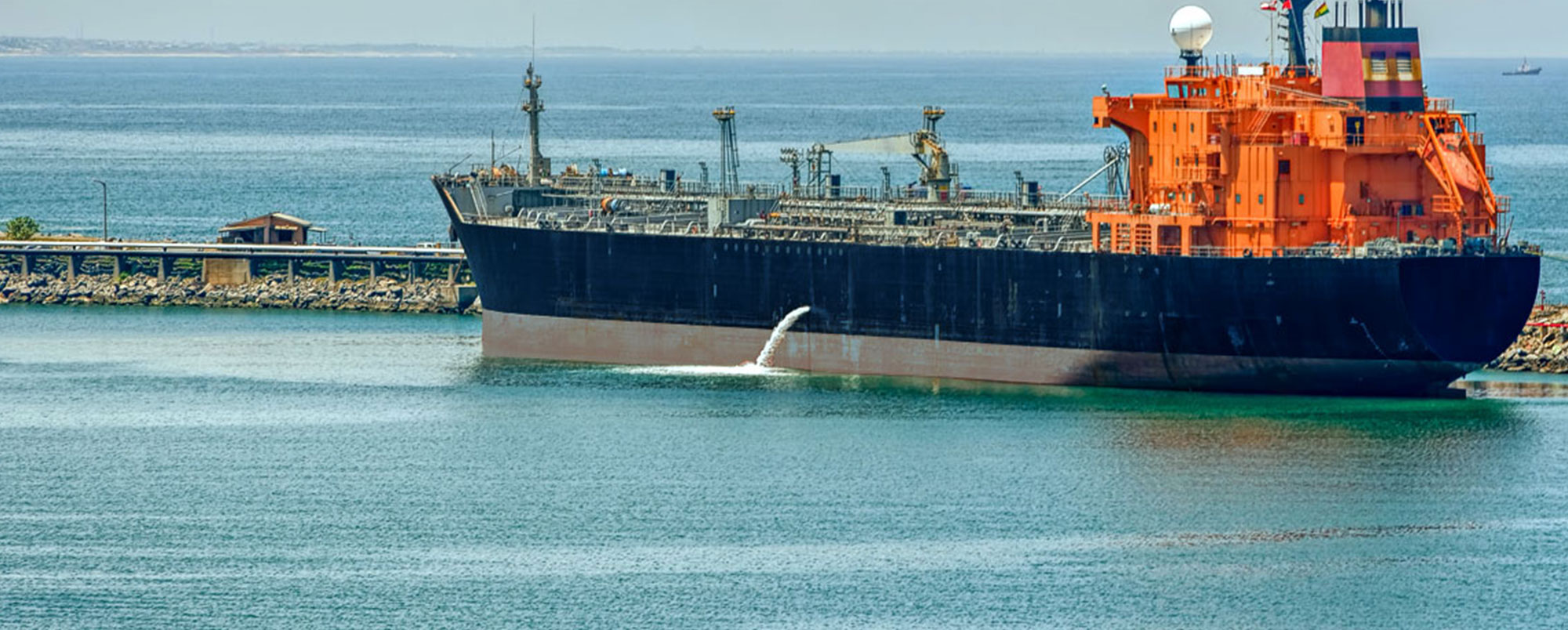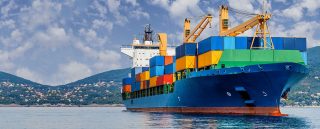Sailing through rough seas The implementation of the Ballast Water Management Convention, a significant move by the shipping industry to protect marine ecology, has reached a critical juncture
Twenty-five years ago, the global shipping industry decided to tackle the challenge posed by invasive aquatic species, a grave ecological threat to the planet that is spread through ships’ ballast water.
In modern shipping, ballast water has replaced rocks to stabilise vessels at sea and to reduce the stress on the hull. While ballast water plays an important role in safety and efficiency of shipping operations, it poses a serious threat to marine ecology. Ballast water contains bacteria, microbes, small invertebrates, eggs, cysts and larvae of various species, which invade native species in sensitive ecological zones. Recently, analysis has shown that the massive expansion in sea trade has led to an alarming increase in bio-invasions in several parts of the world.
Realising the dangers to native species, the International Maritime Organization (IMO) started addressing the issue in 1991. In 2004, the IMO adopted the International Convention for the Control and Management of Ships’ Ballast Water and Sediments (known as the BWM convention). It requires all ships to implement a ballast water management plan and to adhere to certain standards.
It has been a long journey since then, but even as the industry is finally on the verge of implementing the International Maritime Organization’s (IMO’s) International Convention for the Control and Management of Ships’ Ballast Water and Sediments (known as the BWM convention), there is uncertainty whether it will cross its last major hurdle over the next few weeks.
The convention will come into force 12 months after a key criterion is met: it’s ratification by states representing 35 percent of the world’s merchant shipping tonnage. The figure has now touched 34.9 percent, and with the expected ratification by a couple of countries in the next few weeks, the process could finally take off.
The other criterion — that at least 30 countries ratify the convention has already been met; nearly 50 countries have done so till date.
However, differences between the IMO and the US Coast Guard (USCG)over the method for treating ballast water could further delay the process.
The IMO had specified a ‘most probable number’ (MPN) method to evaluate the ability of organisms to reproduce and colonise; ultraviolet treatment sterilises organisms without killing them.
However, the (USCG) has rejected the MPN method, claiming it does not determine whether an organism is alive or dead. The USCG wants the industry to follow a more stringent method the environmental technology verification protocol, also known as vital staining.
Balancing costs, ecological commitment
- For the global shipping industry, implementing the BWMC can prove to be an expensive proposition.
- BIMCO, the world’s largest international shipping association, estimates that ship owning firms will have to spend between $1 million and $5 million depending on the size of the ship and the amount of ballast water it carries, on each of their ships to install ballast water management systems (BWMS). There are about 50,000 ships, travelling internationally, that need to be fitted with these systems over a five-year period.
- The problem gets complicated for ships that travel to the US, which has a unilateral national regulation relating to the discharge of ballast into American waters. The US Coast Guard has a different testing and approval process that ships have to follow if they are to call on American ports, incurring additional costs.
- With freight rates declining over the years, this additional burden can impact margins severely. But since the international convention and the American Coast Guard rules will be strictly enforced from next year, shipping lines have no option but to invest in expensive BWMS.
- Countries that do not ratify the BWM convention will find that their ships will not be allowed to call on most leading ports of the countries that have ratified the convention in the world.
- By abiding with the norms of the new convention, the shipping industry stands to gain significantly. Importantly, it will not be looked down upon as a destroyer of marine ecology as many in the conservation movement try to project — and will be seen as a responsible player that is conscious about its role in maintaining the ecological balance on our planet.













